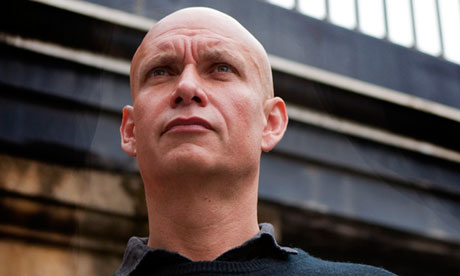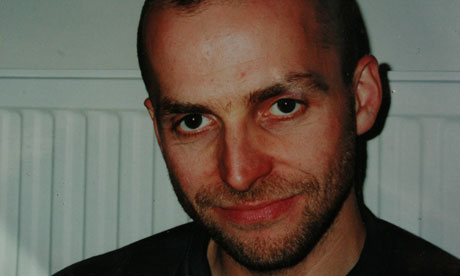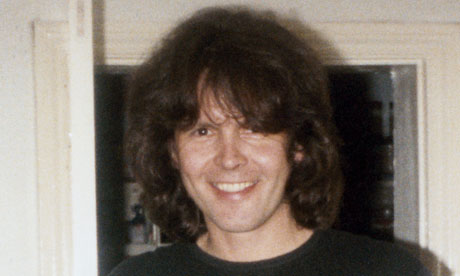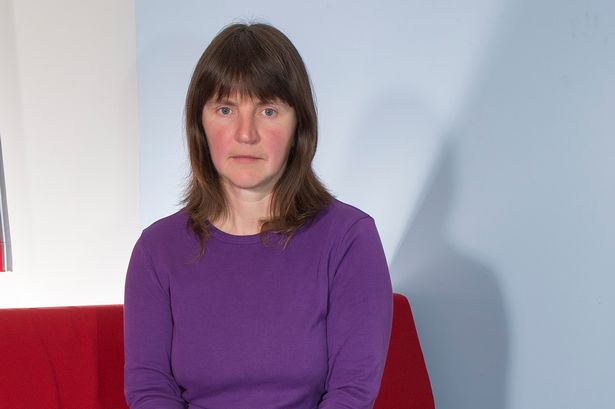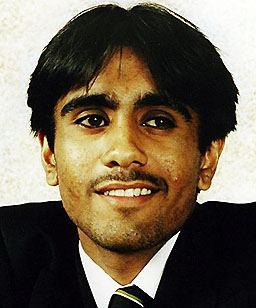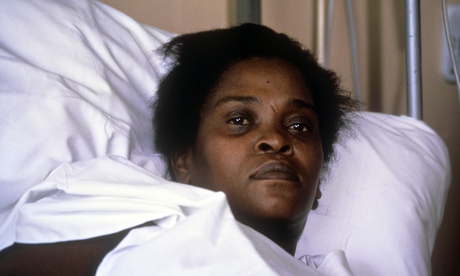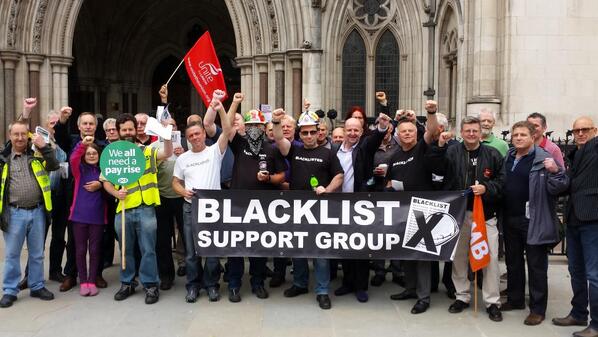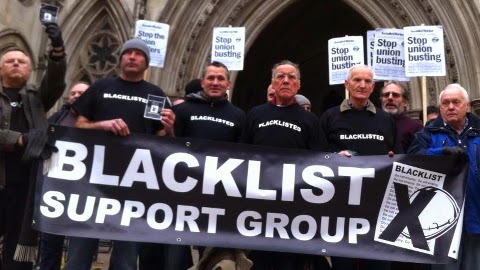Did Spycops Commit Other Crimes?
The attention paid to the decision of the Crown Prosecution Service not to prosecute undercover police officers focused, rightly, on the invasion of privacy and bodily integrity in their sexual contact with women they spied on.
But in the same statement, the CPS ruled out several other charges.
MISCONDUCT IN PUBLIC OFFICE
In order to prosecute misconduct in public office, the prosecution would have to show that an officer knowingly abused their position in order to bring a sexual relationship about
The police have readily and unequivocally admitted such relationships are abhorrent and an abuse of their position. Speaking for the Association of Chief Police Officers, a body that ran several of the political policing units, Jon Murphy said
It is grossly unprofessional. It is a diversion from what they are there to do. It is morally wrong because people have been put there to do a particular task and people have got trust in them. It is never acceptable under any circumstances … for them to engage in sex with any subject they come into contact with.
In March this year the second Operation Herne internal report into undercover policing declared
there are and never have been any circumstances where it would be appropriate… Such an activity can only be seen as an abject failure of the deployment, a gross abuse of their role and their position as a police officer and an individual and organisational failing
So there we have a police report saying it’s a gross abuse of the officer’s position, but the CPS said there’s insufficient evidence that any officer knowingly abused their position.
Everyone admits the relationships happened and they were a gross abuse. If it is a gross abuse then there is a gross abuser. That must be either the manager who authorised it or the individual undercover officer who did it.
Whichever one it is, former officer Bob Lambert is culpable. He was an undercover officer who had a prolonged relationship including fathering a child with a woman he targeted. After he was promoted to running the squad he mentored Jim Boyling who did the same thing.
If Operation Herne is right and it is both an individual and organisational failing then we should see several officers held responsible for each relationship. Even if they blame the individual officer and claim they disobeyed their guidance, it is negligence on the part of the managers.
But if this came to court, we could expect to see officers from both roles blaming each other. That would be a whole lot of dirty laundry being done in public, and would be likely to point to further abuses. This scandal has already become far too large for establishment comfort. It’s no surprise that the CPS – who helped ensure Mark Kennedy’s evidence was kept from court in the Ratcliffe case, leading to a miscarriage of justice and 20 wrongful convictions – has decided to defy the police’s own admissions of misconduct and keep these officers away from court as well.
BREACH OF THE OFFICIAL SECRETS ACT
The CPS also said that
In order to prosecute a breach of the Official Secrets Act the prosecution would have to prove that the suspect in question disclosed information that would, or would be likely to, damage the work of the security and intelligence services
This is thought to be because officers have named colleagues to civilians. Jim Boyling told the activist he married about several other officers’ identities. This led her to tell Helen Steel that her partner John Barker had in fact been police officer John Dines.
Additionally, when Mark Kennedy was confronted by activists who had discovered his true identity, he confirmed activist Lynn Watson had actually been a fellow police officer.
Whistleblower officer Peter Francis has been threatened with prosecution under the Official Secrets Act. The fact that neither Boyling nor Kennedy are to face charges for naming colleagues to the activists they targeted implies Francis faces something of an empty threat. The CPS appear to have declared it’s open season for him, and for any other officers who want to right some of their wrongs, to step forward and name names.


